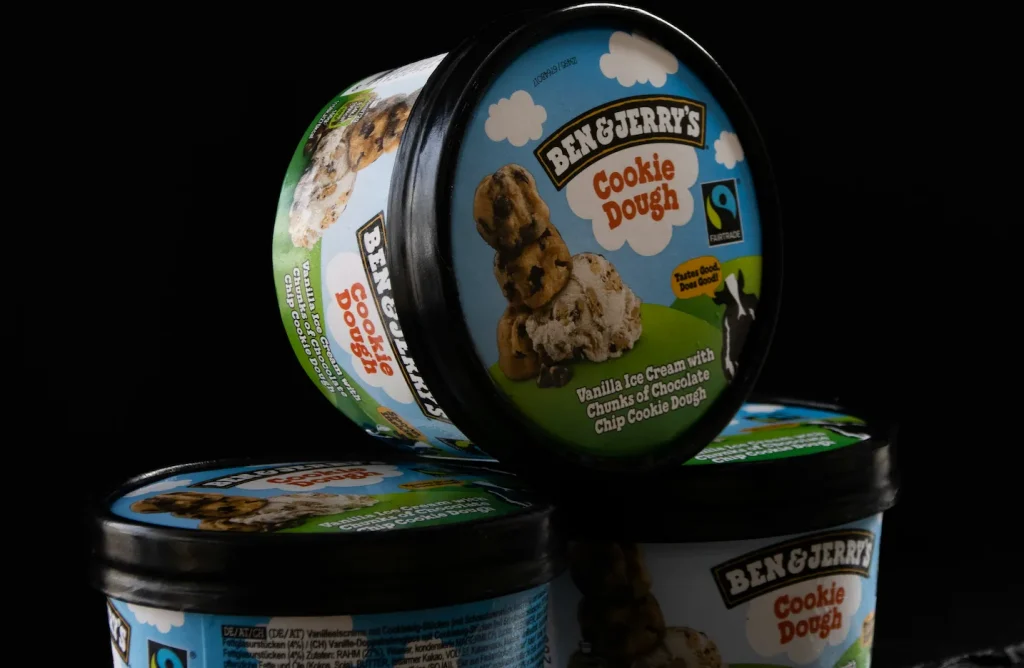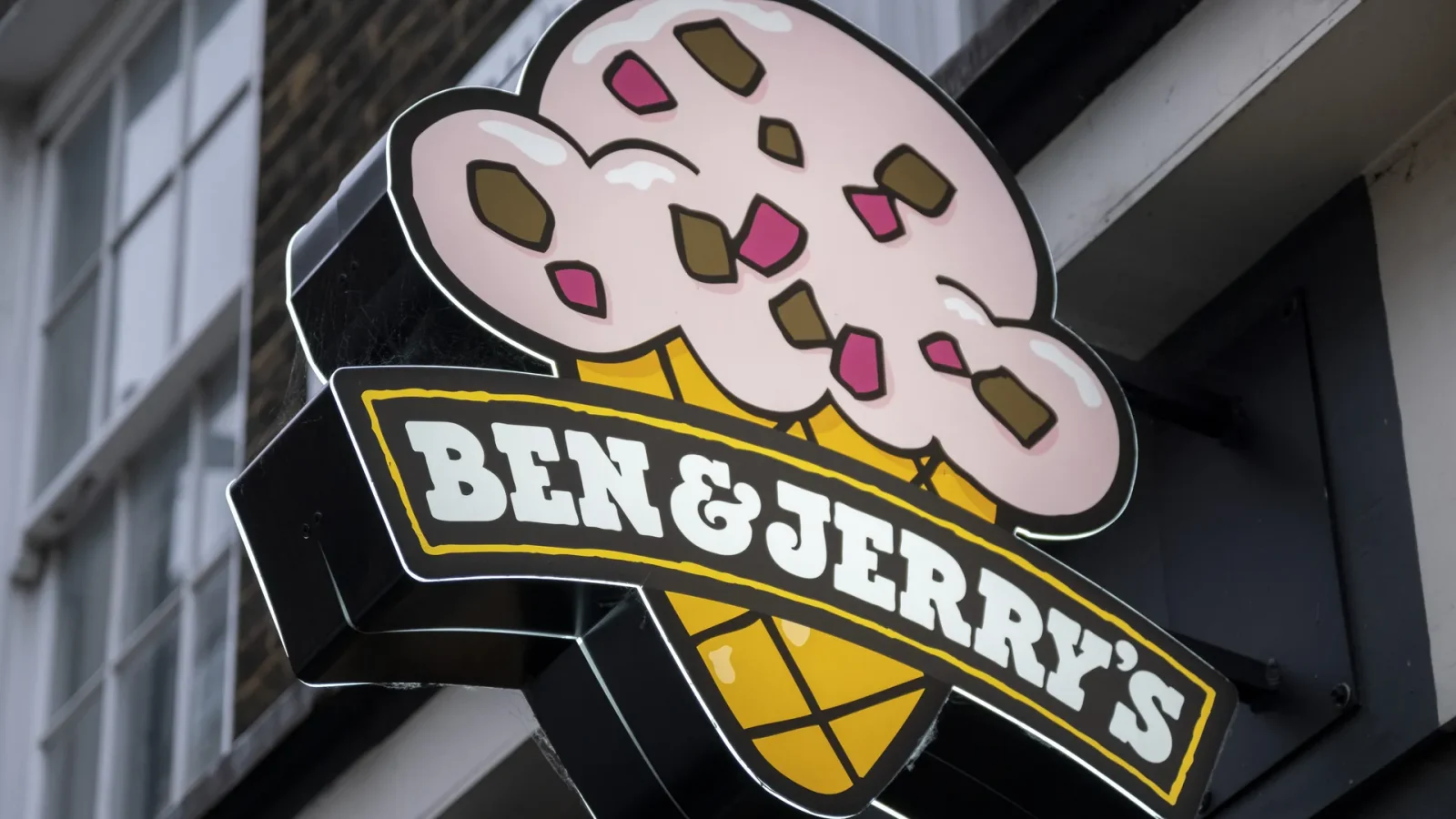With the departure of co-founder Jerry Greenfield, Ben & Jerry’s stands at a defining moment: should it retreat from its activist roots or reignite them?
There was a time when this brand wasn’t just about ice cream — it was about values. Its activism once felt bold, witty, and genuinely daring for a mainstream name. From celebrating marriage equality to championing environmental and social causes, it mixed joy and justice into every scoop.
But that passion has melted over the years. Greenfield’s resignation marks the end of an era. He left citing frustration over what he described as the company’s loss of independence and muted social mission under corporate ownership. His exit follows years of disputes about the company’s direction and failed attempts to buy it back, as its parent company plans to restructure its frozen dessert division.

When activism becomes just marketing
Ben & Jerry’s has always operated differently from other big brands. A significant portion of its profits is funneled directly into community-driven initiatives supporting social and environmental causes — a structure that made its values tangible rather than performative. But that commitment also created tension: how do you balance grassroots activism with the demands of a global corporation?
Officially, the leadership team continues to claim that purpose remains central — that activism drives marketing, not the reverse. Yet, in recent years, much of the company’s work has felt disconnected from that mission. The campaigns have leaned toward novelty and nostalgia instead of advocacy. New product launches and limited-edition flavors often feel designed more for social media buzz than for sparking social change.
There’s nothing wrong with indulgent treats or playful branding, but this approach makes Ben & Jerry’s indistinguishable from every other dessert label owned by its parent company. What once set it apart — the fusion of activism and storytelling — has faded.
A warning from others
The decline of other once-purposeful brands offers a cautionary tale. One well-known ethical beauty retailer built its name on cruelty-free and fair-trade principles but lost its soul after ownership changes diluted its values. Years later, it became a shadow of its former self, proving that when activism is treated as a marketing add-on instead of a core philosophy, the brand’s relevance erodes.
Meanwhile, smaller challengers are showing what modern values-driven business looks like. Some boutique ice cream makers now integrate sustainability and ethical sourcing directly into their operations — using local farms, organic ingredients, and fair-trade partnerships. These companies don’t just talk about values; they live them. Compared with that, Ben & Jerry’s risks sounding nostalgic rather than visionary.

Purpose still sells — when it’s real
The evidence is clear: consistency amplifies impact. Brands that stay true to their mission tend to see compounding growth over time. Greenfield’s departure should remind the company’s leadership of the promise made when the founders sold the business — that its activism wasn’t a liability but part of its value.
Despite the challenges, the brand still has immense potential. The ice cream division remains one of the company’s strongest performers, with steady growth and a loyal customer base. Reconnecting with its activist DNA isn’t a threat to profit — it’s the most powerful way to sustain it.
In an age when corporations are accused of being “too political,” the real risk isn’t speaking up; it’s saying nothing at all. People want brands with conviction — ones that stand for something more than seasonal promotions.
Purpose has never been a trend; it’s a multiplier. It can either supercharge growth or destroy credibility, depending on how it’s handled. Ben & Jerry’s was built on the belief that business can serve both people and profit. If it forgets that, it’ll just be another brand with good flavors and no flavor of its own.







